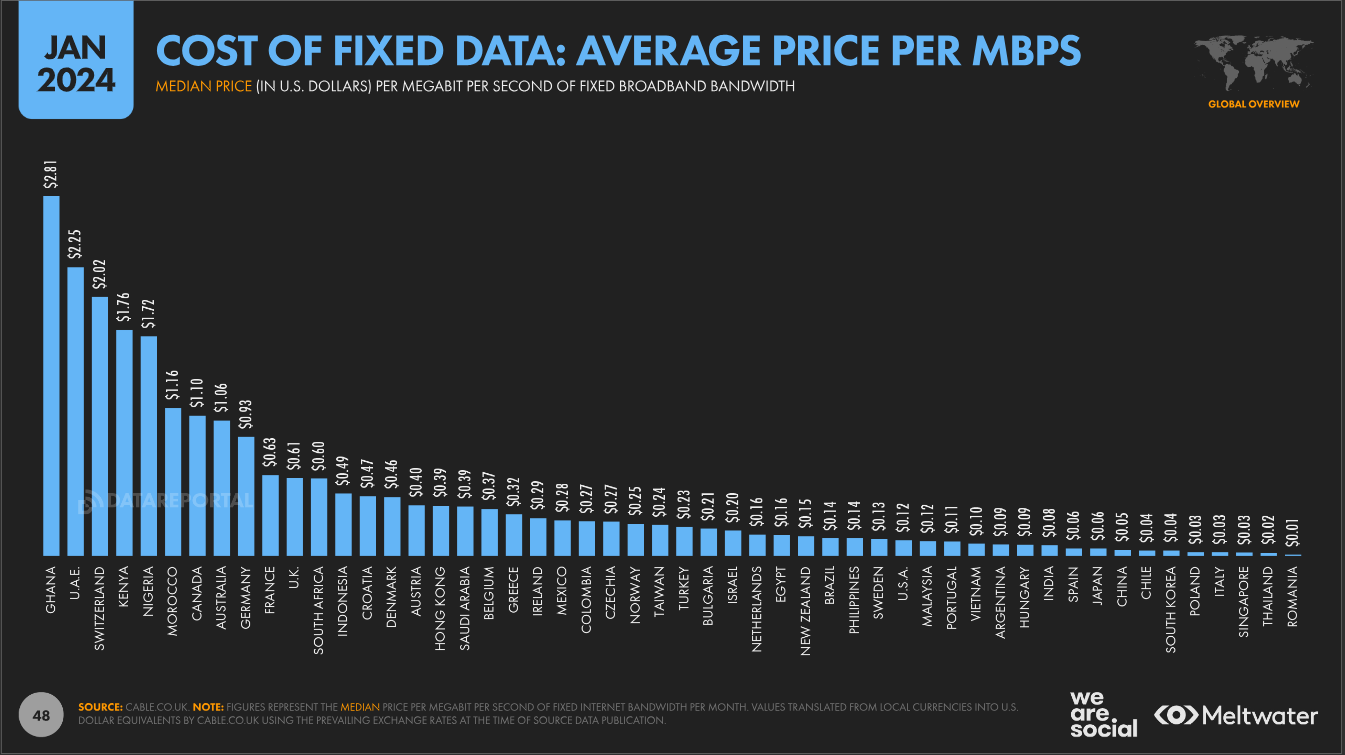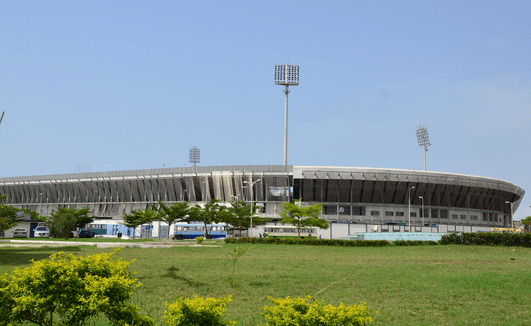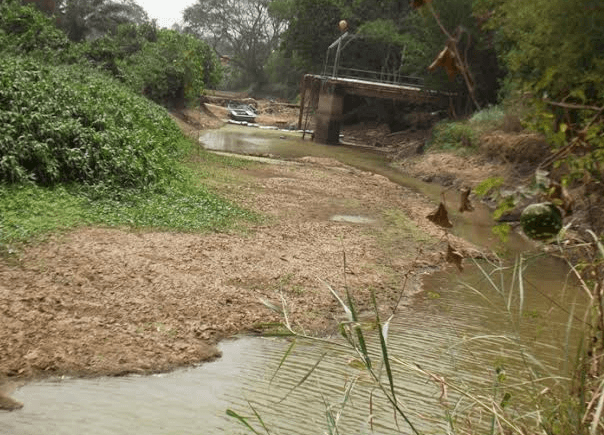
…From passport to practice, pan Africanism asks for proof in steady, visible results
There is a line that flatters the ear but tests the conscience. Are you African because you were born in Africa, or because Africa was born in you? Kwame Nkrumah put it plainly, I am not African because I was born in Africa, but because Africa was born in me. It sounds lyrical.
It is also an audit. Identity is not only a flag you wave. It is a standard you keep and a result you deliver. The time has come for Africans to move from sentiment to systems and from rhetoric to routines. The work of durable prosperity begins when we treat Pan Africanism not as a slogan but as a daily discipline that leaves evidence the public can see.
Identity beyond the passport
Birth records grant belonging. They do not guarantee a contribution. A passport opens doors, but it does not finish the journey. The continent advances when identity is expressed through conduct.
That means contracts completed on time, goods made to standard, taxes paid with integrity, institutions strengthened, and neighbours treated as partners rather than rivals. The inconvenient truth is that progress rests less on claims and more on craft. The question is not only who we are, but what we repeatedly do. Pan Africanism is strongest when it is visible in outcomes that citizens can touch.
The mirror of outcomes
Our streets, schools, clinics, and factories quietly report our priorities. A road that fails with the first rains speaks to more than weather. Equipment that sits idle due to unplanned training and spares is an invoice sent to tomorrow. When raw cocoa leaves West Africa and returns as premium chocolate, and when crude oil departs and refined fuel returns, the exchange rate becomes a strict teacher.
Consider a few mirrors. Intra-African trade has hovered around the mid-teens as a share of total African trade for years, while intra-European trade is above sixty per cent. In many East Asian economies, manufacturing value added is more than twenty per cent of gross domestic product. At the same time, in much of Sub-Saharan Africa, it sits near the low teens. These are not just statistics.
They are signals of what we make, what we buy, and where value lives. The mirror is not an adversary. It is a guide. It shows that a nation which buys what it can make is exporting its future one container at a time. It also shows that when standards rise, results follow, quietly at first, then unmistakably.
Standards as quiet nation builders
Aircraft fly safely because engineers follow procedures even when unseen, hospitals heal through resilient protocols, and courts bring stability through due process. When standards become habits, excellence seems routine; when negotiable, excuses normalise. Africa has talent but lacks shared, enduring standards amid leadership changes.
The work is straightforward but requires consistent efforts: establish, publish, teach, reward, and update standards. In governance, this means transparent appointments, clear accountability, and public reporting. Economically, it involves life-cycle-focused procurement, reliable logistics, and maintenance as an investment.
From raw to refined – the language of value
An African proverb warns that children who sell the family seed will eat once and hunger later. Our trade often resembles seed selling. Ghana and Côte d’Ivoire supply much of the world’s cocoa, yet most value is captured elsewhere. Nigeria spends billions importing refined fuel while exporting crude. Timber leaves Central Africa and reappears as furniture with high prices.
Value addition is more than a slogan; it’s a plan for training, maintenance, logistics, finance, and market access in contracts. Countries that do this see currency strength, jobs, and bargaining power. Japan and South Korea succeeded through manufacturing. Morocco excels in automotive and aerospace via Tangier Med, a top African port. Singapore builds a high-trust, logistics-driven services economy.
Diaspora as a bridge of skills and capital
The African diaspora provides more than remittances; it offers networks, expertise, patient capital, and goodwill. Remittances to Sub-Saharan Africa exceed fifty billion dollars annually, surpassing several aid sources.
The key question isn’t if the diaspora cares, but if we make investment and return processes easy and trustworthy. This includes streamlined investment windows, clear land and title rights to protect newcomers and neighbours, predictable timelines, and audited public-private projects. When commitments are honoured, the diaspora’s contribution grows. Being African abroad can be a service choice, while at home it can mean raising standards.
AfCFTA by the numbers – wide road or strong bridge
The African Continental Free Trade Area aims to boost intra-African trade by over 50% by the mid-2030s, spanning more than a billion people. However, free trade without competitive production risks reliance on imports.
The single market should function as a shared factory floor with common standards, efficient cross-border logistics, resilient regional value chains, electronic customs and payments, and rapid dispute resolution. Agenda 2063 offers hope and a clear work plan for ministries, cities, and firms to connect daily tasks with its goals.
Culture is what we reward
We tend to become what we celebrate. If ribbon cutting outruns maintenance, roads will be short lived. If small firms are paid late, we damage the very capacity we wish to build. If we praise quantity over quality, quantity will arrive. Culture is not a slogan. It is a payslip. Reward reliability and make it visible.
Publish simple scoreboards on on-time delivery, verified local content, prompt payment to small suppliers, and asset uptime in health, water, power, and roads. Pride and calm pressure work best in daylight. Investors watch these signals and price them into the cost of capital. Citizens watch them and decide whether to trust.
Learning from quiet exemplars
There are encouraging signs on the continent. Rwanda has kept a disciplined focus on systems and service. Ethiopia invested in industrial parks that created jobs in textiles and apparel. Mauritius nurtured a services economy through steady rules. Morocco’s sector strategies drew global manufacturers and built local capability. None is perfect. All face constraints. The lesson is not to copy, but to adapt what fits and keep it long enough to work.
Leadership as stewardship of time
Short-term needs deserve attention, but they should not displace long-term foundations. Budget cycles are annual. Development cycles are generational. Boards and cabinets can help by asking different questions. What does this decision look like in five years, not only in five months? Have we funded maintenance along with construction? Are payment terms helping small firms grow? Can our people do the work when consultants leave? Stewardship is not a slogan. It is a discipline of time. Investors reward it. Citizens feel it.
A friendly word on accountability
Accountability need not be adversarial. It can be a shared agreement on standards and a shared review of results. It is not punishment first. It is clarity first. Clear roles, measurable goals, and predictable follow-up make it easier for good people to do good work. They also lower the cost of capital and raise the confidence of citizens.
Closing reflection – being African on purpose, together
Nkrumah’s sentence still searches the heart. To say that Africa is born in us is to say that standards have moved into our decisions, that duty has moved into our contracts, and that the unborn child has moved into our budgets. It is to choose long-term impact over short-term applause and to keep the promise when the cameras are gone. The invitation is simple and serious. Let us answer the question with calm, visible work.
Let us turn Pan Africanism from an anthem into a habit. Let us respect the progress already made and invite one another to raise the standard a little higher each year. If we continue to accept only what is, we will continue to receive only what is.
If we insist on better and build the systems that protect better, we will gradually change what is. The inconvenient truth: Africa will be what Africans, at home and abroad, patiently and respectfully insist it must be. The soil is fertile. The season is ours to choose.
>>>the writer is a globally celebrated thought leader, Chartered Director, industrial engineer, supply chain management expert, and social entrepreneur known for his transformative contributions to industrialisation, procurement, and strategic sourcing in developing nations.
As Africa’s first Professor Extraordinaire for Supply Chain Governance and Industrialization, he has advised governments, businesses, and policymakers, driving sustainability and growth. During his tenure as Chairman of the Minerals Income Investment Fund (MIIF) and Labadi Beach Hotel, he led these institutions to global recognition for innovation and operational excellence. He is also the past chairman of the Public Procurement Authority.
A prolific author of over 90 publications, he is the creator of NyansaKasa (Words of Wisdom), a thought-provoking platform with over one million daily readers. Through his visionary leadership, Professor Boateng continues to inspire ethical governance, innovation, and youth empowerment, driving Africa toward a sustainable and inclusive future.
The post The Inconvenient Truth with Professor Douglas BOATENG: Are you African because you were born in Africa, or because Africa was born in you? appeared first on The Business & Financial Times.
Read Full Story
























Facebook
Twitter
Pinterest
Instagram
Google+
YouTube
LinkedIn
RSS